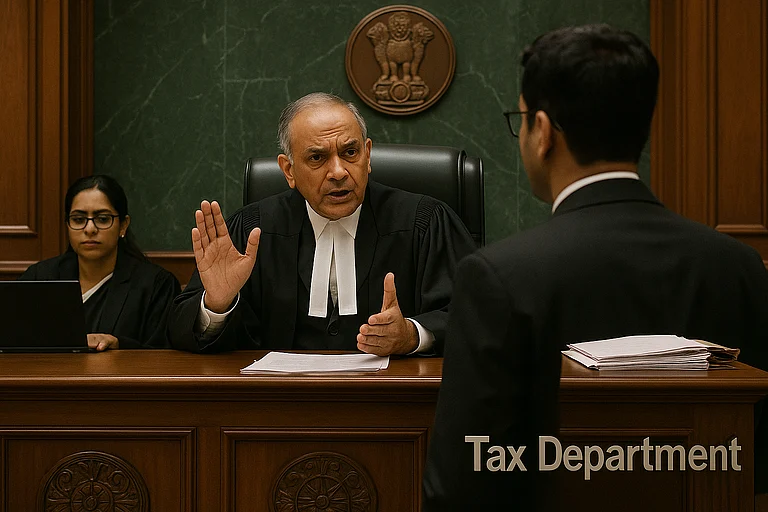
Summary of this article
ITAT Chennai held that salary earned in China but received in India is not taxable in India.
The employee, deputed by BMW India to China, had already paid tax there.
Tribunal said taxability depends on where services are performed, not where salary is credited.
Reiterates that DTAA benefits apply even to non-resident Indians under Article 15(1).
Often, there is confusion related to taxation whenever income earned abroad falls under the tax rules of India. To resolve such issues and set tax laws straight, India has signed a tax treaty with many countries, called double tax avoidance agreement (DTAA). The treaty is an agreement between two countries to avoid or mitigate double taxation faced by non-resident employees.
Recently, the Chennai bench of the Income Tax Appellate Tribunal (ITAT) ruled in favour of a non-resident employee deputed to China, holding that his salary, though credited to an Indian bank account, was not taxable in India since the services were rendered abroad.
The case, titled Sivakarthick Raman v. ACIT (2025) involved an employee of BMW India, who was sent on an international assignment to BMW Brilliance Automotive in China during FY 2021–22.
He was not in India at all that year and was treated as a non-resident under Indian tax law. His salary, Rs 1.22 crore for work done in China, was paid into his Indian account for administrative convenience, and he had already offered it to tax in China. The same was reflected in the employee’s Form 16 and updated Form 26AS for the relevant financial year.
Since Raman qualified as a resident of China under Chinese domestic tax law and as a non-resident of India under Income-tax Act, 1961, he filed his return of income in India.
In the ITR he disclosed the salary reported in Form 16/Form 26AS. However, he claimed an exemption under Article 15(1) of the India–China DTAA read with section 90 of the Income-tax Act, 1961, seeking a refund of Rs 41,72,850.
The Assessing Officer, however, taxed the income in India on the grounds that it was both paid and received here. The Dispute Resolution Panel agreed with this view, prompting Raman to appeal to the Tribunal.
The ITAT in its hearing set aside the tax demand, ruling that the salary was taxable only in China under Article 15(1) of the India-China Double Taxation Avoidance Agreement (DTAA).
The Tribunal said that under the Income-tax Act, 1961, salary can be taxed in India only if services are rendered in India. Merely receiving it in an Indian account does not make it taxable here.
The Tribunal further made it clear that DTAA benefits are available even if the person is non-resident of India, as long as they qualify as a resident of one of the contracting countries.
To reach this judgment, the ITAT relied on several earlier decisions, such as DIT v. Prahlad Vijendra Rao (Karnataka HC) and CIT v. Avtar Singh Wadhwan (Bombay HC), and referred to CBDT Circular No. 13/2017, which clarifies that income from overseas employment is taxable only where the services are actually performed.
Key Takeaway for Non-Resident Employees
The ruling affirms that salary received in India by a non-resident employee for services rendered outside India and which has already been offered to tax in the foreign jurisdiction is not taxable in India under Article 15 of the DTAA.
RSM India, in a document explaining this case, noted that both the employers and the employees should carefully assess all the documents/ communication during cross-border secondment arrangement wherein it should clearly reflect who is the legal employer and responsible to bear the cost of salary.
Moreover, if the salary cost is effectively borne by the Indian entity, the exemption under Article 15 may be challenged.
It further advised that those on overseas assignments should maintain proper records, such as a Tax Residency Certificate (TRC), travel documents, and evidence of tax paid abroad, to support their claims.













